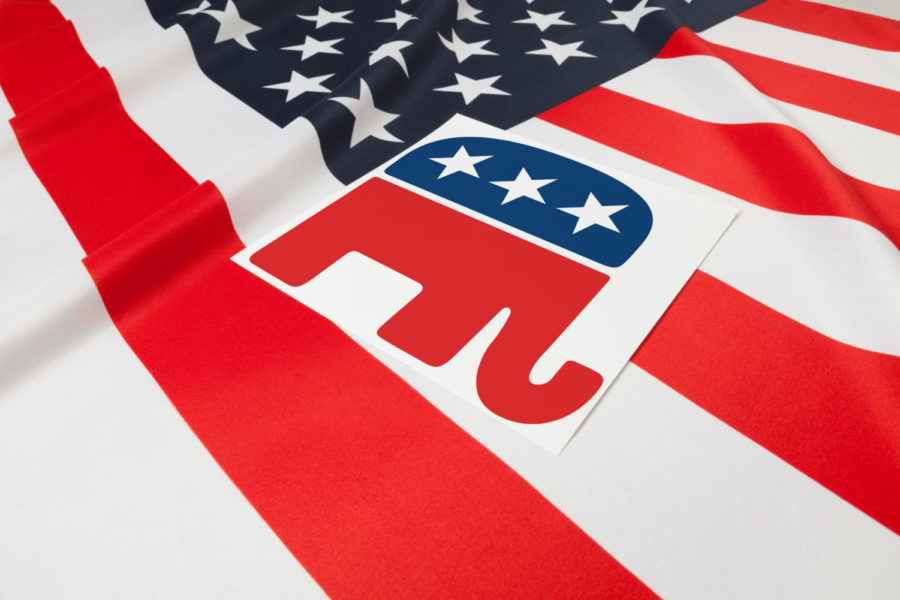Editorial: Republican to challenge Trump
Republican Party
February 19, 2019
Former Governor of Massachusetts Bill Weld announced Friday that he intends to mount a challenge against President Donald Trump in the Republican primary. He stated that he will be exploring financial support to gauge his campaign’s viability.
You might remember Weld from the 2016 Presidential election when he was Gary Johnson’s running mate for the Libertarian Party. If you didn’t pay attention to third party candidates, there’s a good chance you don’t know of Weld or what he stands for.
There are a number of other Republicans whose names have been floated as possible primary challengers to Trump.
If you watched the 2016 Republican primaries, you should remember John Kasich, the former governor of Ohio. Jeff Flake, a former senator from Arizona, and Bob Corker, a senator from Tennessee, have also been speculated as possible contenders.
The party in office usually does not run a candidate against their incumbent, and for good reason. A second option in the party can weaken or divide the base and put the election at risk. The challenger also rarely wins, as incumbents usually have a serious advantage in elections.
So why are these Republican individuals considering a run?
Some of President Donald Trump’s closest allies believe he may not make a serious run at 2020 if he fails to fulfill all of his campaign promises, including to Make America Great Again.
It is more likely he will take a reelection seriously in an effort to implement more of his ideas. In this case, contenders face an uphill climb.
The supposed “blue wave” that hit in the midterm elections was smaller than expected and indicative that some 2016 Trump voters may have been unhappy, but still voted for Republicans.
The question is, are those Republicans the new breed of Trump Republicans or the more conservative establishment Republicans? If Trump has caused a shift among Republican voters toward his side of the party then Weld, Kasich, Flake and Corker don’t stand a chance.
If, however, Trump has pushed Republicans away, not toward Democrats, but toward the old GOP wing of the party, these contenders might just make a run for the White House, or at least the general election.
It’s important to note that regardless of the feasibility of challenging an incumbent for the party nomination, challengers play a vital role in democracy. Even if Weld doesn’t win the primary, he will challenge Trump on issues which in turn will make Trump a better runner against whomever the Democrats choose and possibly a better second-term President.
Democracy, like capitalism, thrives amongst competition.







